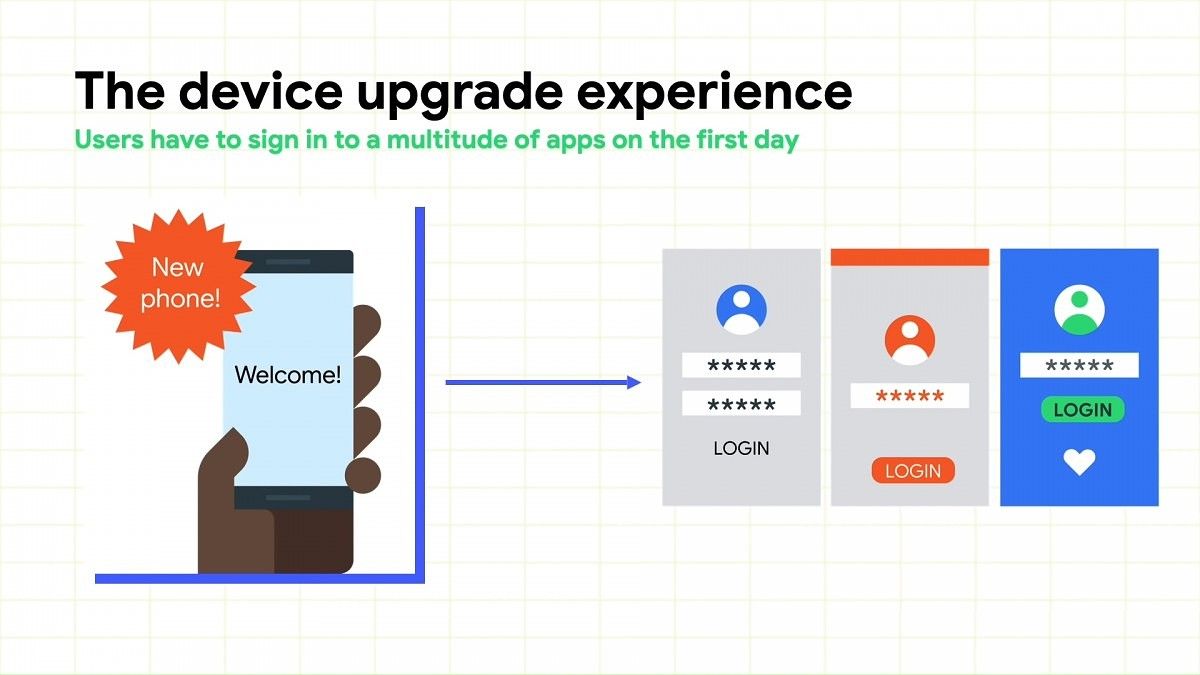One area where Android has lagged behind iOS is the ability to migrate to another device and land in the same state as you started off, at least in the context of your app data. The problem is more prominent when you migrate to a new phone from a different OEM, as specific OEM backup and restore solutions are often tailored towards that particular ecosystem. Google has been attempting to take a crack at this problem by leveraging the Google Play Services framework and Google Drive to provide a built-in backup manager service for Google’s Android. This built-in solution backs up contacts, call history, text messages, and certain application data and device settings to Google Drive automatically, but it still is an incomplete solution since it logs out signed-in accounts (and is opt-out). With Android 11, the device migration situation is set to improve, thanks to the new Block Store library.
Google has been detailing some of the upcoming changes in Android 11 through short videos on the official Android Developers YouTube channel. In a recent video titled "Identity on Android: What's new in sign-in", Googler Vishnu Kalugotla has summarized two new APIs that are part of the Google Identity Services Library: One Tap and Block Store.
One Tap was announced a few months ago as a library that focuses on making it easier to sign in or sign up for a service in just one tap using your Google account.
The focus in this article is on Block Store, though. Block Store is a token-based sign-in mechanism that is built on top of Google's existing Backup and Restore infrastructure. The current infrastructure lets developers choose to have select private app files backed up to a user's Google Drive account. Block Store is designed to make it possible to restore login credentials for apps when restoring apps and data on a new phone during the setup process. Instead of storing the username and password in an encrypted form, Block Store involves saving an app-specific user authentication token in an encrypted form.
While the adoption of Block Store will not completely emulate the seamless backup and restore experience of iOS, it will hopefully reduce the friction of migrating devices frequently. Users would still need to open up every app to let the setup complete itself, but at the very least, you would no longer need to input your sign-in details again for every app service on your phone.
The challenge, though, comes in the adoption of this library, as its use is optional. Developers retain the choice of whether they want to store their users' credentials or if they would prefer them signing in afresh. This means that there is a chance that apps will not adopt this system. So in the end, the migration process on Android may still continue to be a pain. But hopefully, making such a solution available to developers will perhaps lead to greater adoption, and make setting up a new device easier for users to some extent.

